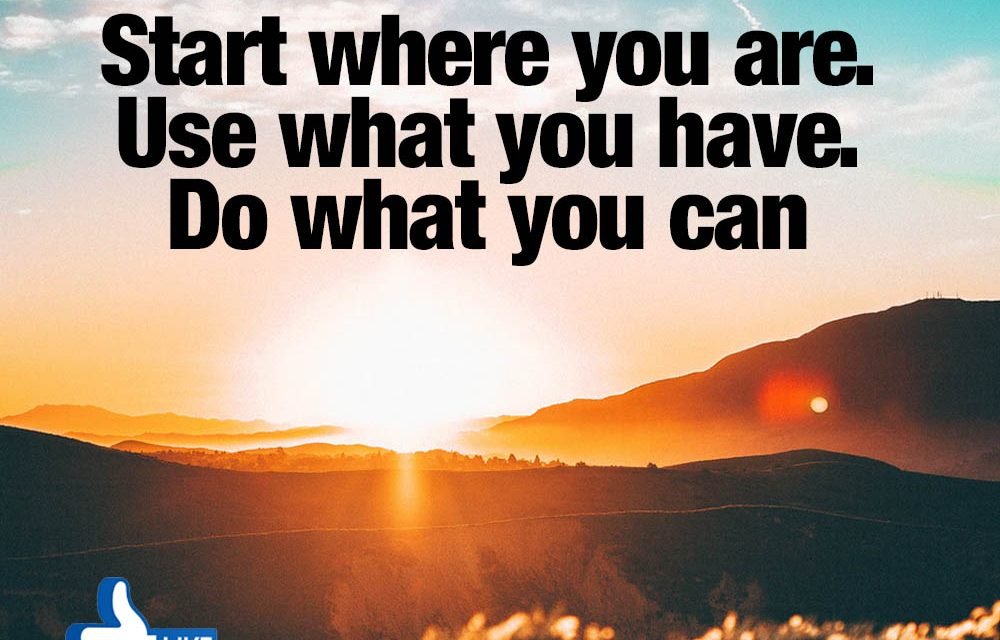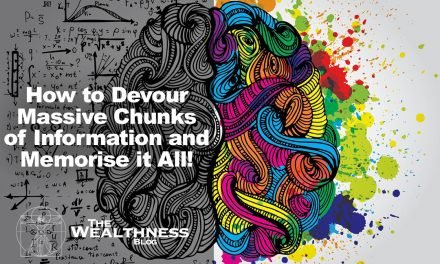No Road is Long With Good Company Take a couple of minutes out from all the noise in your daily schedule, put your feet up, and lets all grow together!
Wealthness Podcast: https://wealthness.buzzsprout.com/1906551
Wealthness on YouTube: https://youtu.be/bjGAbjJYv2A
Wealthness on Vimeo: https://youtu.be/bjGAbjJYv2A
The Wealthness Blog: https://wealthnessblog.com
Wealthness How do you sum it up? Celebrating the majesty of life, 1ness and the infinite power of I. It is organic, a living blueprint of real-world strategies, systems and paradigms, features and benefits springing fully-grown from the brow of Zeus; an assimilation of many different projects and experiences. Its a comprehensive resource designed to empower. Its life tools created to enhance personal effectiveness and to ensure ultimate success in the path YOU choose.










